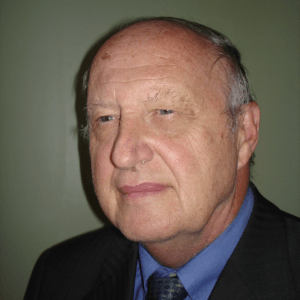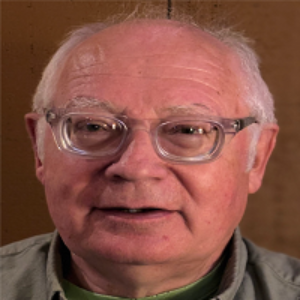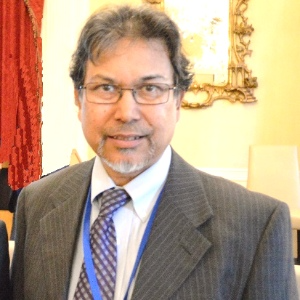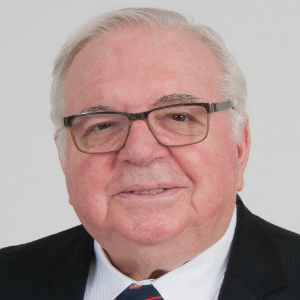Carbohydrates, lipids, nucleic acids, and proteins are biological macromolecules that are required for life. These are the most critical cellular components, and they conduct a wide range of actions that are required for living organisms' survival and growth. These are important for cell structure and function. Polymers, which are molecules made up of numerous smaller molecules called monomers, make up the majority of biological macromolecules. Typically, all of the monomers in a polymer are the same or highly similar to one another, and they are joined over and over to form the larger macromolecule. These simple monomers can be joined together in a variety of ways to create complex biological polymers.
The term "biomaterials" combines the concepts of biology and materials. Any materials, surface, or construct that interacts with biological processes is referred to as a biomaterial. Biomaterials science is the study of biomaterials. Fundamental subjects such as physics, chemistry, and biology, as well as material science, support biomaterials science. Bioderived, bioinspired, biomimetic, and biocompatible self-healing materials are currently found in a wide spectrum of physiologically acceptable molecular structures, coatings, membranes, gels, drug delivery carriers, cell culture scaffolds, and multi-functional biomaterials.
- Biopolymer
- DNA and RNA as polymer
- Biochemical synthesis of polymers
- From biopolymer to Synthetic polymers

Ephraim Suhir
Portland State University, United States
Thomas J Webster
Interstellar Therapeutics, United States
Robert Buenker
University of Wuppertal, Germany
Will Skene
Montreal University, Canada
Valeriy A Buryachenko
Micromechanics & Composites LLC, United States
Anis Rahman
Applied Research & Photonics, Inc, United States
Will Skene
Montreal University, Canada
Robert Guidoin
Laval University, Canada
Robert Buenker
University of Wuppertal, Germany


Title : Introducing picotechnology: An exciting extension of nanotechnology
Thomas J Webster, Interstellar Therapeutics, United States
Title : The failure of both einsteins space-time theory and his equivalence principle and their resolution by the uniform scaling method
Robert Buenker, University of Wuppertal, Germany
Title : Material challenges with proton conducting ceramics for intermediate temperature hydrogenation/dehydrogenation applications
Saheli Biswas, Commonwealth Scientific and Industrial Research Organisation, Australia
Title : Porphyrin layers at metal-electrolyte interfaces monitored by EC-STM and CV
Marek Nowicki, University of Wroclaw, Poland
Title : Color control of electrochromes by structural modification
Will Skene, Montreal University, Canada
Title : Make experiments more efficient: Two simple and powerful approaches. Mg2Si growth for photovoltaic and thermoelectric applications
Alexander S Gouralnik , Institute of Automation and Control Processes, Russian Federation
Title : Reconfigurable antenna structures using tunable materials
Nasimuddin, Institute for Infocomm Research, Singapore
Title : (0, 1 and 2) Dimensional hybrid architecture of the synthesized materials leads the smart sensing of the gaseous species at low/room temperature
D R Patil, North Maharashtra University, India
Title : Enhanced grain refinement, precipitates regulation, and improved mechanical properties of cast Al-Li alloy by Ti addition and heat treatment
Lixiong Shao, Shanghai Jiao Tong University, China
Title : Broadband sound attenuation of shape memory polymer with triangular-honeycomb unit cell metamaterial structural design
Musaab Ejaz, Universiti Teknologi PETRONAS (UTP), Malaysia